Is Mineral Sunscreen Better? A Deep Dive into Skin Health, Safety, and Sustainability
| Authored by: Sanjana Tharwani |
| Reviewed by: Kapil Dhameja |
| Estimated Reading Time: 5 minutes |

Stepping out of the house? Don’t forget to wear sunscreen! Staying indoors? Don’t forget to wear sunscreen! Want to protect your skin? Don’t forget to wear sunscreen! Want healthy hair? Don’t forget to wear sunscreen! It’s sunny outside. Don’t forget to wear sunscreen! It’s raining… Um, you get it! All of us have been told countless times to wear sunscreen. Daily. Rain or shine.
But can somebody please also tell me which sunscreen to wear?!??!!??
Every time I stand in the skincare aisle or browse a website, I face a dilemma: mineral vs chemical sunscreen… Is mineral sunscreen better? Or not…? Is it better not just for my skin but also for the planet?
This blog takes a deep dive into all those questions (and more)! From ancient Ayurvedic wisdom to modern scientific studies, we explore all things mineral sunscreen-related. Keep reading!
|
Table Of Contents |
What Is Mineral Sunscreen?
Mineral sunscreen, often called physical sunscreen, is a sun protectant that sits on top of your skin and reflects UV rays. The two primary active ingredients in mineral sunscreens are:
These are naturally occurring minerals that act as physical blockers. Unlike chemical sunscreens, they do not absorb into the skin. Instead, they form a protective layer that literally bounces UVA and UVB rays away from your body.
How it works:
Imagine your skin is at war with the sun’s rays, and mineral sunscreen is your shield. Once picked up (applied), it works immediately, i.e., it offers broad-spectrum protection without needing any time to activate.
Mineral vs Chemical Sunscreen: The Breakdown

Chemical Sunscreen: The formula for these types of sunscreens includes ingredients like oxybenzone, avobenzone, octinoxate, and octocrylene. They work by absorbing UV rays and converting them into heat, which is then released from the skin.
|
Feature |
Mineral Sunscreen |
Chemical Sunscreen |
|
Main Ingredients |
Zinc oxide, titanium dioxide |
Avobenzone, oxybenzone, octinoxate, etc. |
|
Mechanism |
Reflects UV rays |
Absorbs UV rays |
|
Time to Start Working |
Immediately |
15–30 minutes |
|
Suitability |
Sensitive skin, babies, and acne-prone skin |
All skin types (except ultra-sensitive) |
|
Coral Reef Safe? |
Yes (in general) |
Often No (some banned in places like Hawaii) |
|
Irritation Risk |
Low |
Higher due to synthetic ingredients |
|
White Cast? |
Yes (but newer formulas reduce this) |
No |
So, when the discussion comes to mineral vs. chemical sunscreen, the best option depends on your skin type, lifestyle, and values (e.g., sustainability and safety).
Why Ayurveda Would Choose Mineral Sunscreen
The rules of Ayurveda are simple: keep things balanced, prefer natural remedies, and opt for the least invasive methods to restore health. Hence, it is no surprise that Ayurveda favors a mineral sunscreen over a chemical one. Let’s break down the reasons one by one:
-
Natural Origins: Zinc and titanium are naturally occurring minerals and require little chemical processing. Ayurveda’s preference for prithvi (earth-based) elements? Check!
-
Non-Absorbent Nature: Unlike chemical sunscreens, mineral sunscreens don’t get absorbed by the bloodstream. Thus, the probability of disrupting the doshas or accumulation of ama (toxins) decreases.
-
Less Inflammation: Ayurveda lays great emphasis on preventing inflammation, irritation, and imbalance in skincare. Mineral sunscreens are gentle and calming; they are ideal for Pitta-dominant skin, which is prone to sensitivity and redness.
-
Long-Term Skin Health: Ayurveda always prioritizes long-term health over short-term fixes. Chemical sunscreens may feel lighter, but in the long term, the skin's vitality decreases due to the continued use of harsh synthetics.
Science-Backed Benefits of Mineral Sunscreen

Now that we’ve heard from ancient wisdom, let’s learn what science has to say about all this. Lately, more studies have supported the hype around mineral sunscreens – and not just for people with sensitive skin.
-
Broad-Spectrum Protection: Mineral sunscreens protect against both UVA and UVB rays in a much more encompassing way.
Mineral sunscreen-1, chemical sunscreen-0
-
Hormonal Disruption: Studies have shown that ingredients like oxybenzone (often used in chemical sunscreens) get absorbed into the bloodstream and affect the hormone levels. Whereas mineral sunscreens remain on the skin’s surface, reducing systemic exposure.
+1 for mineral sunscreens.
-
Environmentally Safe: Research has confirmed that certain UV filters contribute to coral bleaching and marine damage.
This point also goes to mineral sunscreens.
-
At-Risk Populations: Mineral formulations are more suitable and safer for pregnant women, children, and individuals with autoimmune conditions or protosensitivity disorders.
-
Anti-Inflammatory Properties: Zinc oxide is well-known for its calming and healing effects, thus aiding in sun protection as well as redness control.
Ding! Ding! Ding! We have a WINNER! Mineral sunscreen wins by a huge margin of 5 to 0!
Pros & Cons of Mineral Sunscreen
After its great win, we must also keep mineral sunscreen a little humbled. It’s time to balance the argument:
Pros:
-
Safe for sensitive skin, kids, and pregnant women
-
Reef-safe and eco-friendly
-
Immediate protection upon application
-
Reduced risk of irritation or hormone disruption
-
Anti-inflammatory, non-comedogenic
Cons:
-
May leave a white cast (especially on darker skin tones)
-
Thicker texture; not as aesthetically pleasing for some
-
Needs more frequent reapplication when sweating or swimming
-
It can be harder to blend under makeup
Common Myths About Mineral Sunscreen
Myth 1: “Mineral sunscreens don’t protect as well.”
False. They offer broad-spectrum protection, often better than chemical sunscreens.
Myth 2: “Mineral sunscreens are all chalky and greasy.”
Mostly false. Newer formulations have micronized particles that blend more smoothly and don’t leave a ghostly residue.
Myth 3: “They’re only for sensitive skin.”
Nope. While they are ideal for sensitive skin, anyone can benefit from their clean, safe protection.
Myth 4: “Chemical sunscreens are fine if they’re FDA-approved.”
Not entirely true. FDA approval doesn’t always account for long-term environmental or hormonal effects. Several common chemical ingredients are under re-review.
Who Should Use Mineral Sunscreen?
While anyone can use mineral sunscreen, here’s who should strongly consider it:
-
Babies and Toddlers: Their skin barrier is underdeveloped. Mineral sunscreens are gentler and non-toxic.
-
Pregnant or Breastfeeding Women: Avoiding chemical absorption is especially important during hormonal fluctuations.
-
People with Sensitive, Acne-Prone, or Rosacea-Prone Skin: Zinc oxide soothes rather than triggers flare-ups.
-
Ocean Swimmers and Divers: If you’re diving into reef-rich waters, mineral sunscreen is the ethical choice.
-
Ayurvedic or Clean Beauty Enthusiasts: If you align with Ayurvedic values or prefer natural, skin-safe beauty, mineral sunscreen is your match.
Conclusion
When weighing skin health, environmental safety, and ingredient transparency, mineral sunscreen wins. It's gentle, non-invasive, and protective, embodying both modern dermatology and ancient Ayurvedic values.
However, the “better” sunscreen is ultimately the one you’ll use consistently. If chemical sunscreen suits your lifestyle and doesn’t irritate your skin, it’s better than no sunscreen at all. But if you're seeking a cleaner, safer, and more sustainable choice, mineral sunscreen deserves a permanent spot on your shelf.
Recommended Products:
Coconut SPF 50 Sunscreen Face Lotion for Sun Protection
Niraa Shea Butter Lotion | SPF 30 Natural Sunscreen for Face & Body
Shubhr Eladi Day Cream with SPF 30
Related Articles:
Digital Aging: How Blue Light from Screens Is Quietly Damaging Your Skin
How Do You Evaluate Good Skincare?
Neck Wrinkles: Causes, Prevention Tips & the Best Skincare for Neck Lines
SPF for Hair: Why You Need Sun Protection Beyond Skin
Case of collagen: A detailed guide on how to boost collagen production naturally
Ceramides and Aging: Can They Help Reverse the Signs of Aging
Preventing aging skin: A detailed guide for skincare for men over 30


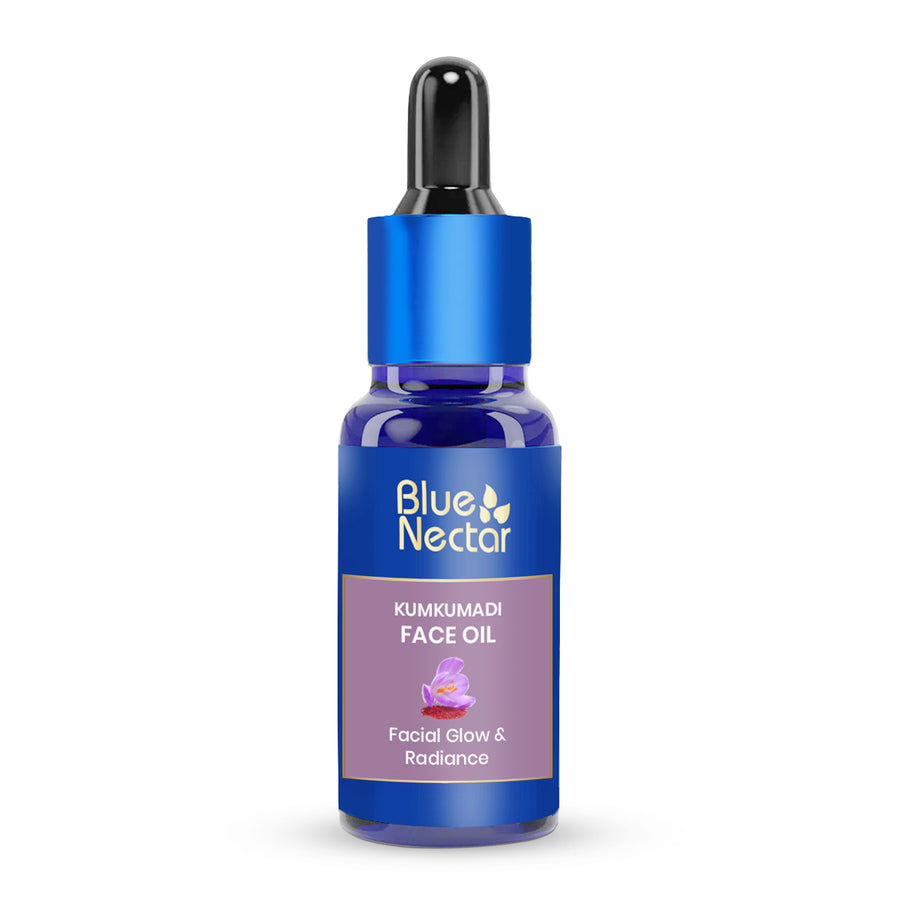
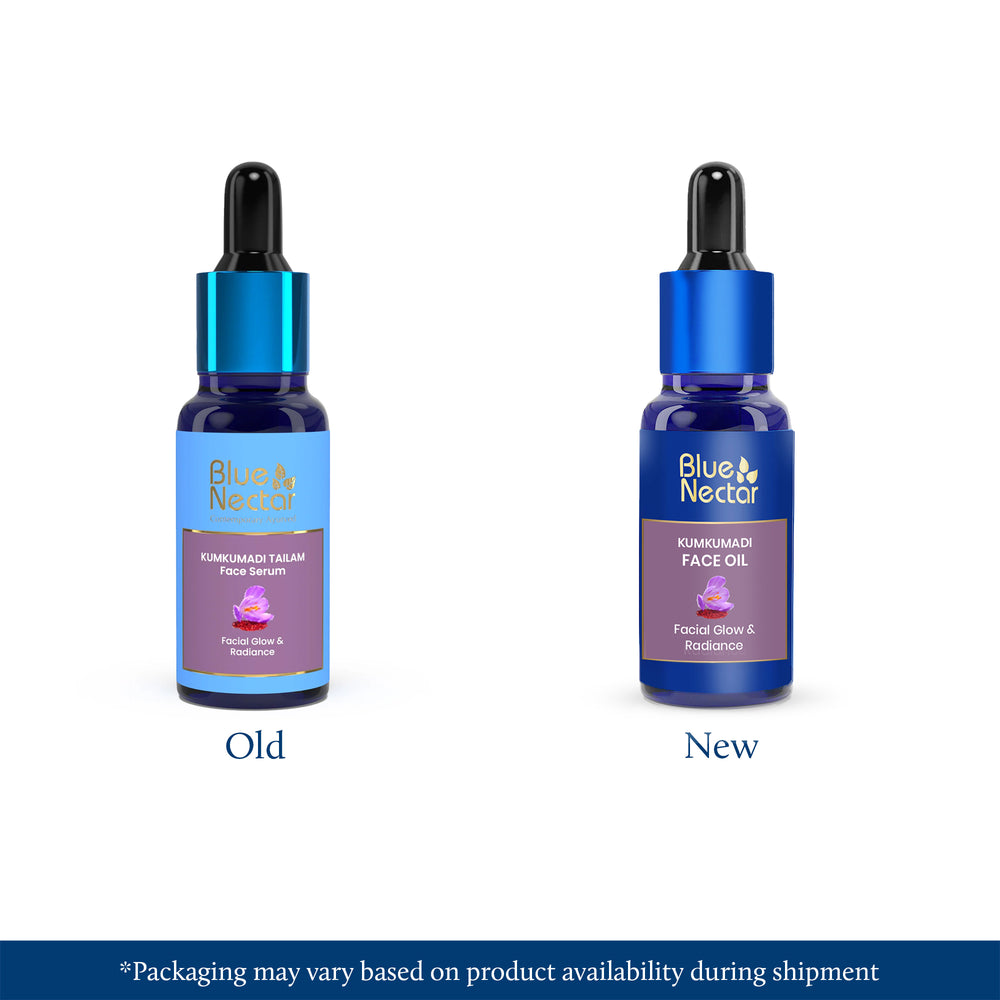
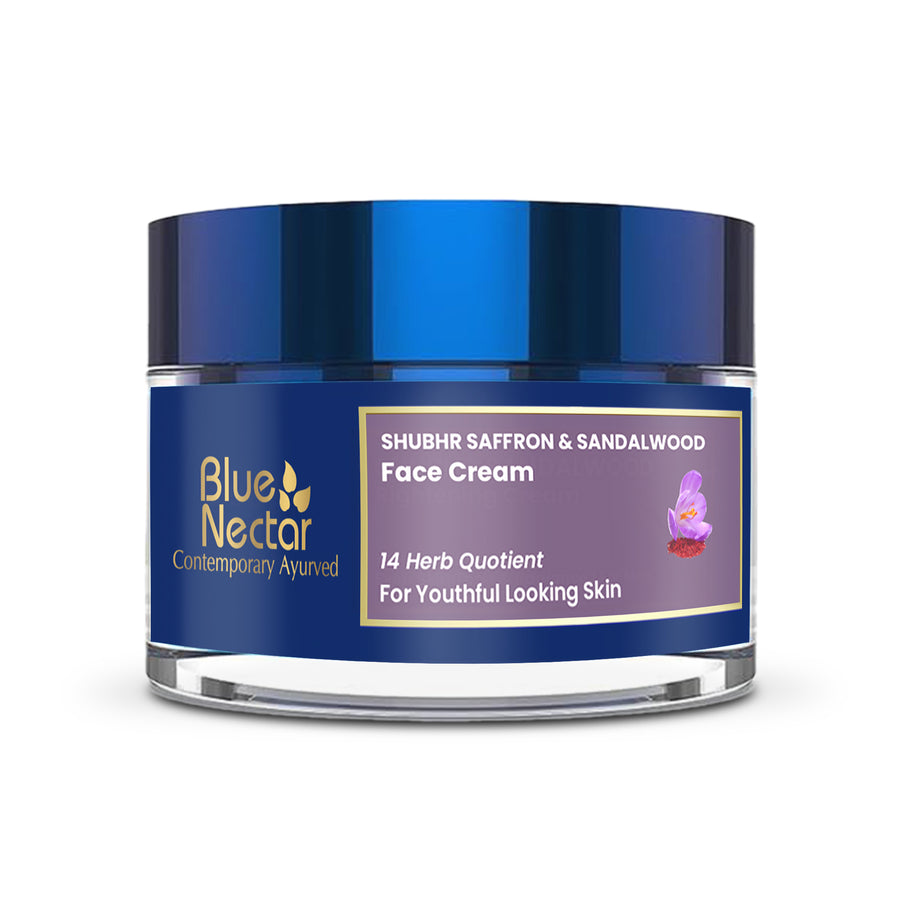
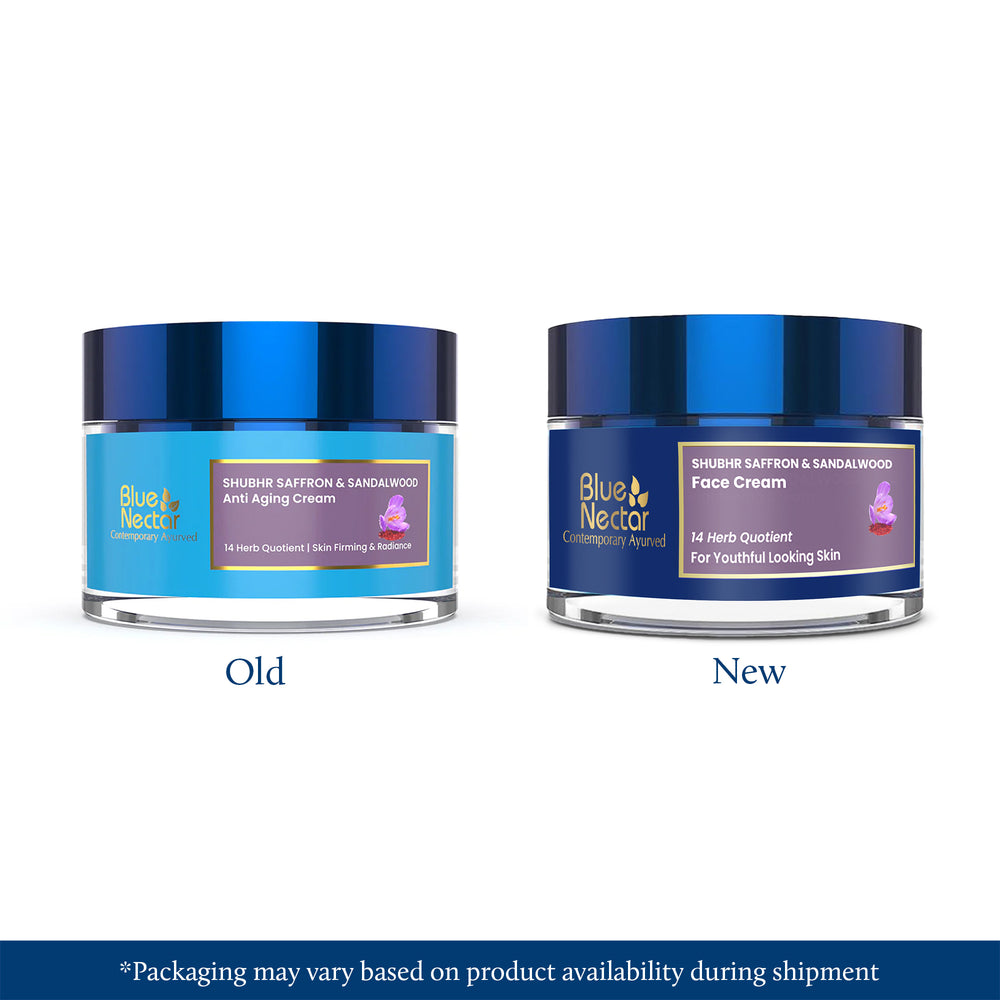
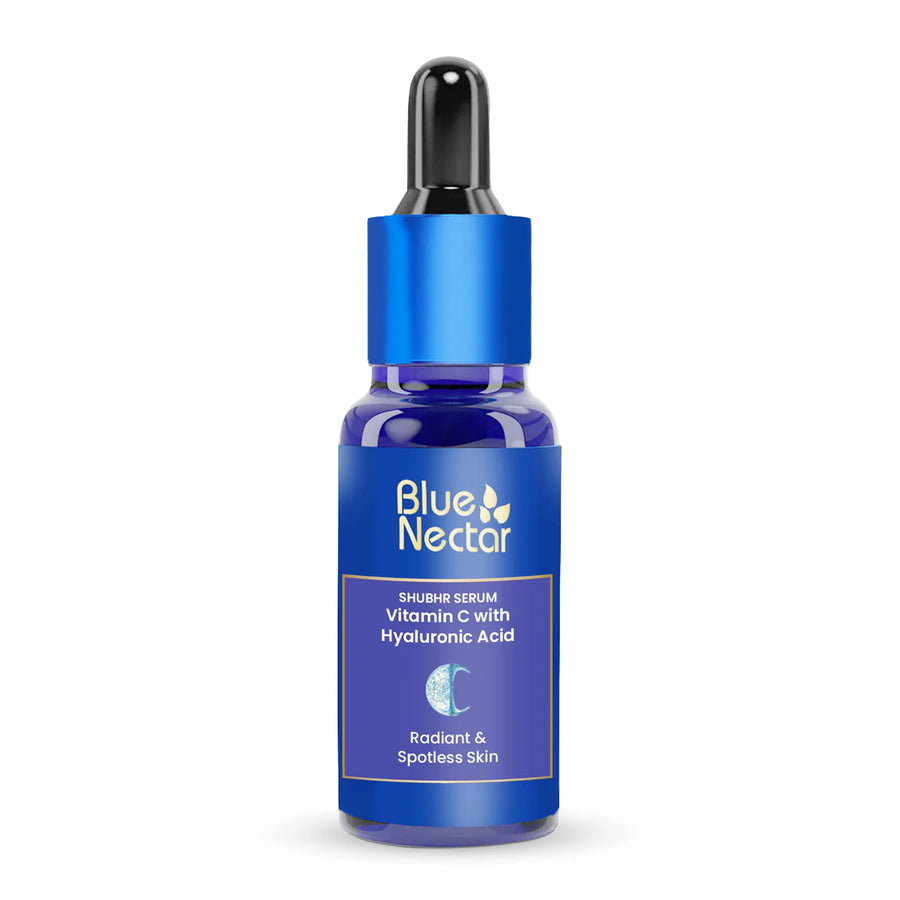
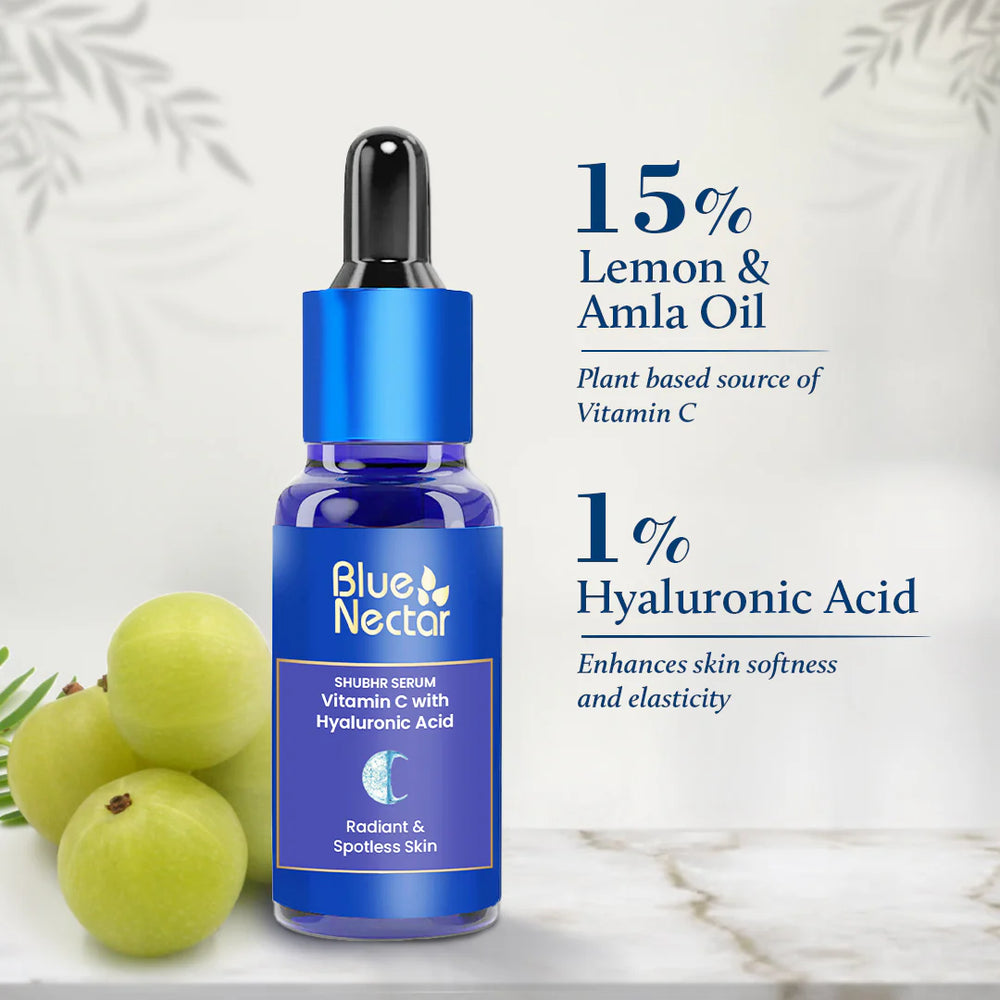
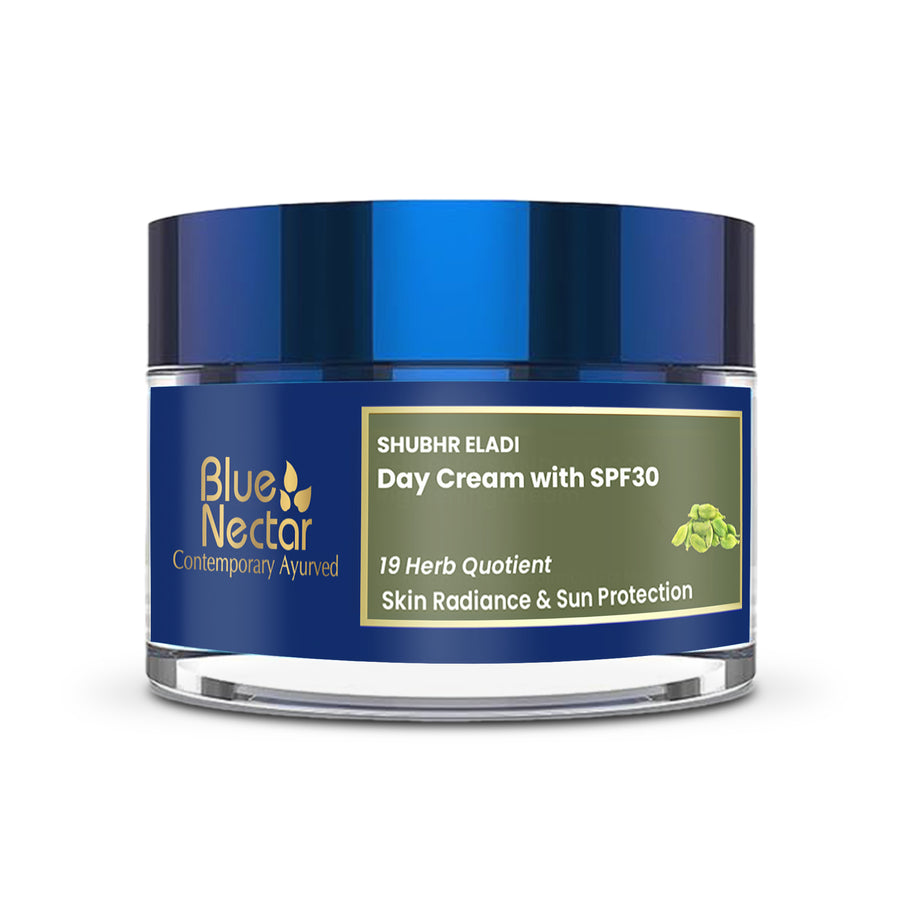
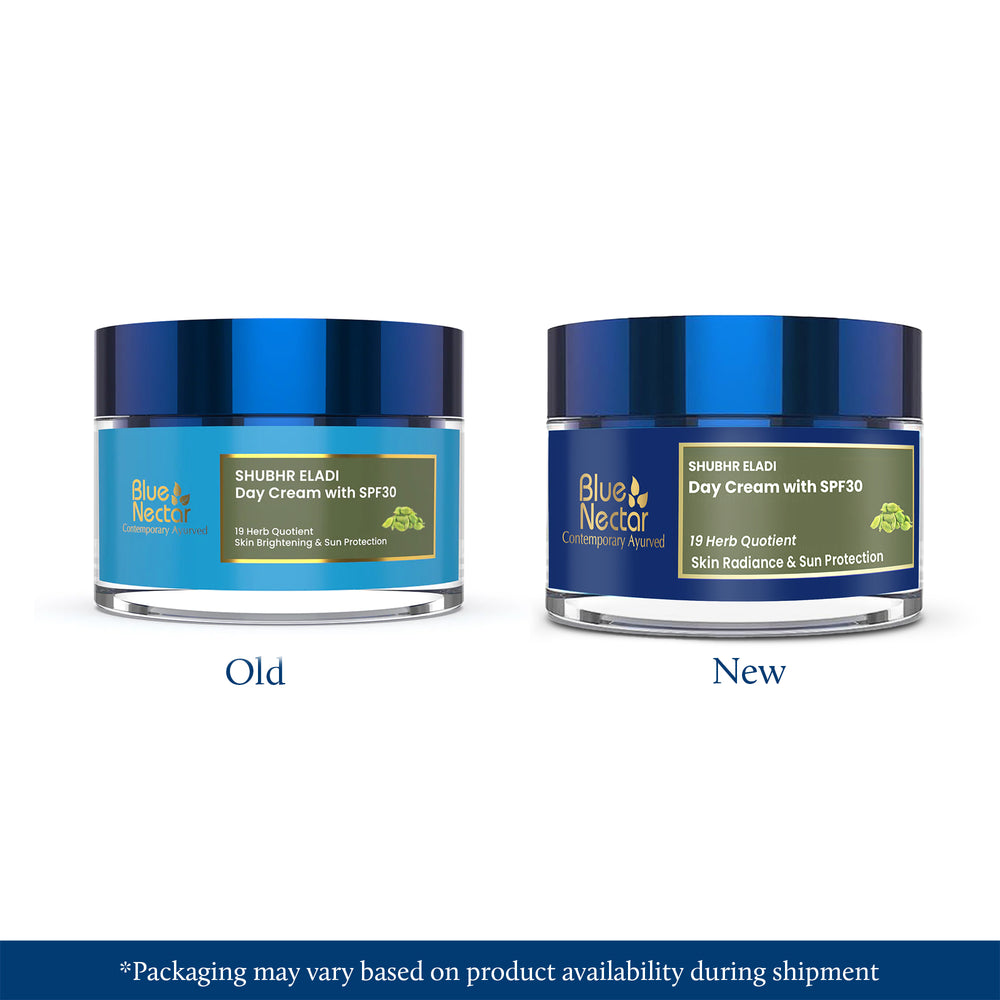
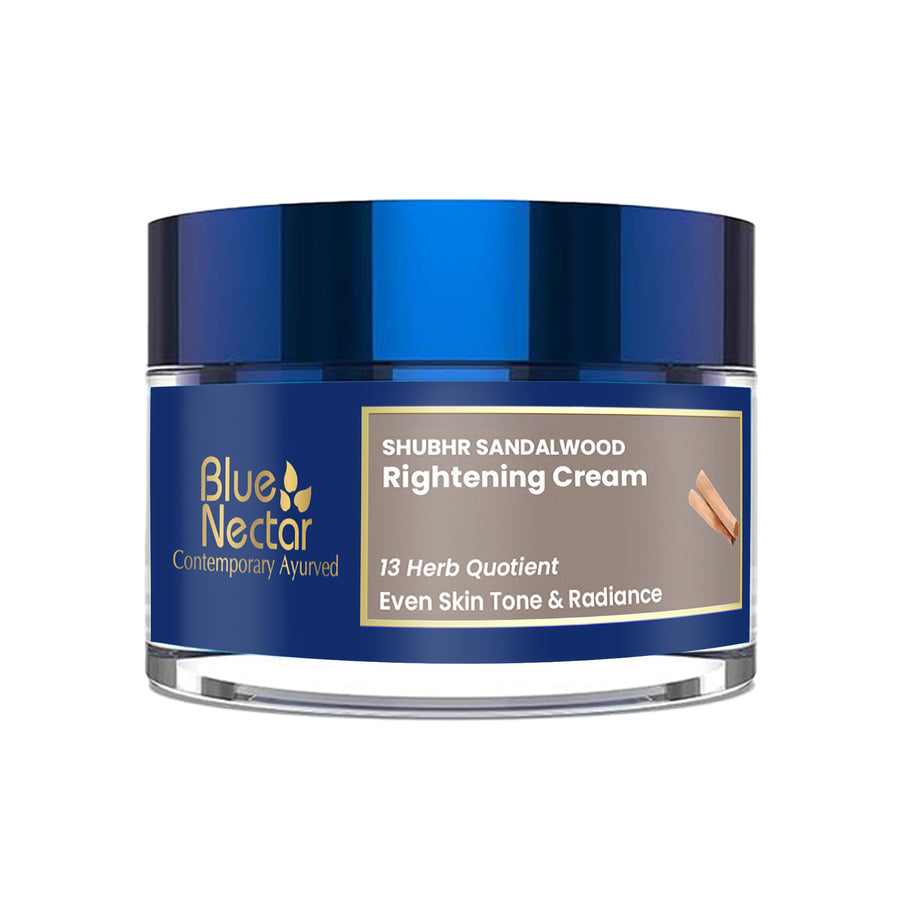
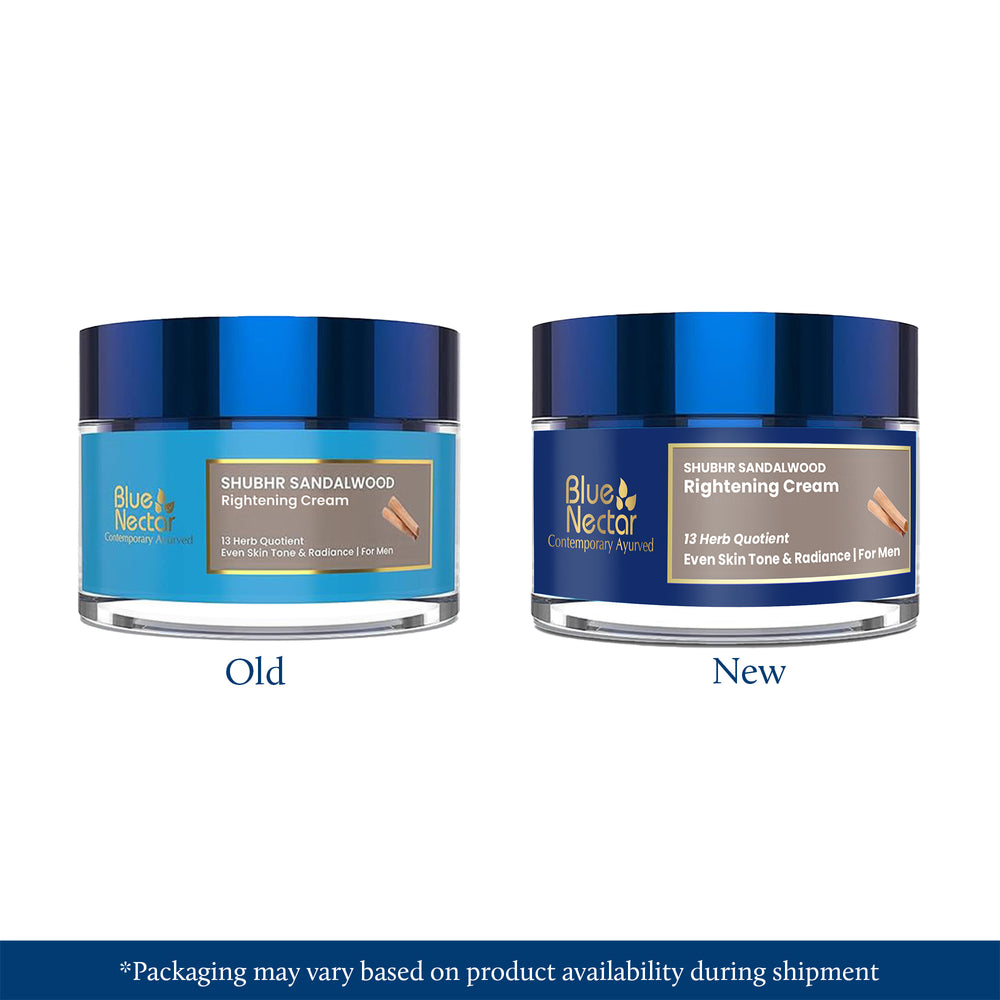




Leave a comment